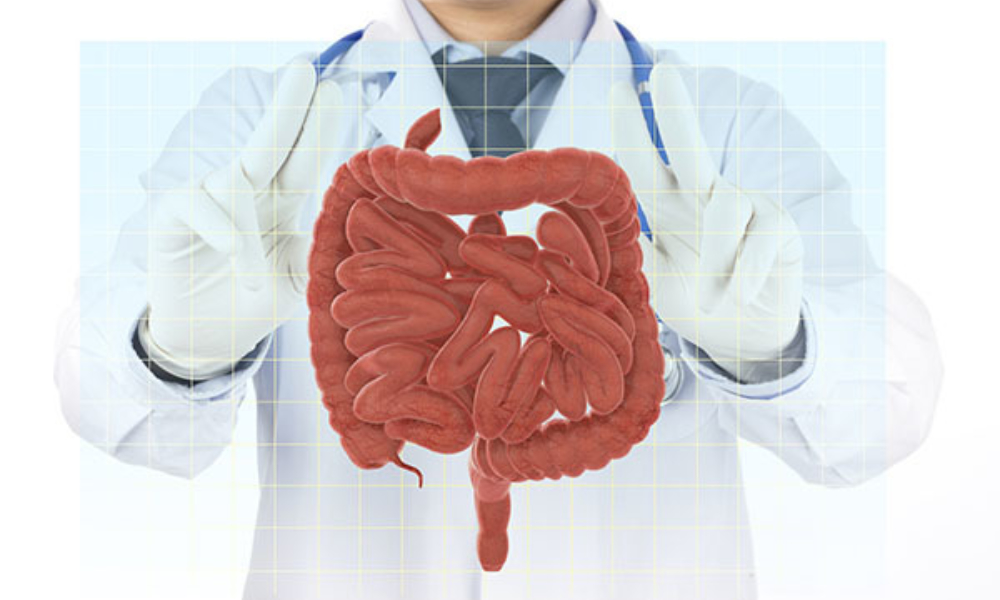
IBD, What's My Type?
IBD stands for Inflammatory Bowel Disease, a chronic condition that umbrellas Crohn's Disease and Ulcerative Colitis, both affect the digestive system (the gut). This article explores what IBD is, symptoms, and common types.
Who Can Be Affected By Inflammatory Bowel Disease
IBD commonly affects people from their teens into mid adulthood. However, there have been some cases in which children all the way up into late adulthood have been diagnosed with this condition. IBD affects men and women equally, but studies have shown it is more common in people from northern countries.
This condition does have a genetic component, so if there's a history of irritable bowel disease in your family, you might want to get checked if you're experiencing symptoms.
What Are The Common Types Of Inflammatory Bowel Disease
There are two significant types of IBD, Crohn's Disease and Ulcerative Colitis. Knowing the difference between IBD types can help with early detection, prevention, and treatment of flare-ups. The IBD types share many symptoms, but they also have significant differences that help differentiate them from one another.
Both Crohn's Disease and Ulcerative Colitis cause inflammation in the digestive tract, although it tends to affect different regions or layers of the gut for each condition. IBD can also affect the joints, kidneys, liver, and eyes in some cases.
Inflammatory Bowel Disease Symptoms
IBD can have mild to severe symptoms that include:
- Diarrhea
- Constipation
- Abdominal pain
- Rectal bleeding
- Fatigue
- Fever
- Loss of appetite
- weight loss
Unfortunately there is no cure for IBD or its types, treatments are available to help manage your symptoms and live your everyday life. You can learn about preventing flare-ups and reducing your risk of other health problems in the provided link.
Common IBD Treatments
Everyone's experiences are different; however, IBD treatments usually involve anti-inflammatory medications like corticosteroids (steroids), immunosuppressants, biologics, or prescriptions that help with digestion and pain.
The best way to manage symptoms is to have a treatment plan that works for you. Work with your gastroenterologist, dietitian, and pharmacist to find ways to control your IBD so you can have an active lifestyle.
You should see a gastroenterologist if you experience any signs of IBD, especially if it's persistent, changes over time, or comes back after treatment. Please don't wait until it gets serious because seeing a gastroenterologist early on leads to better outcomes.
Digestive Health Partners Can Help With IBD
If you are suffering from either type of IBD, we can provide you with more information and care. We encourage you to contact us and set up an appointment to help diagnose and find an effective treatment plan for either type.